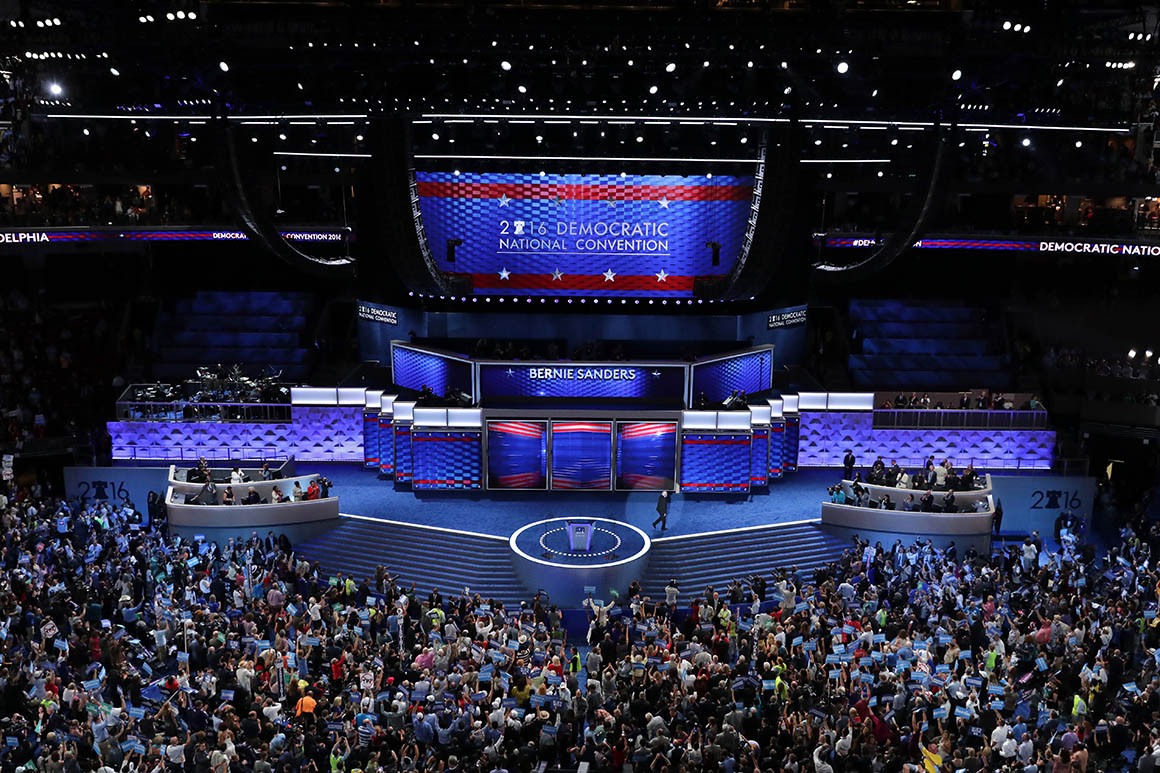The disruption of the 2004 Republican National Convention by opponents of the Iraq War, despite the large-scale protests and arrests, eventually had little impact on the convention itself.
President George W. Bush was renominated and went on to win reelection, demonstrating the resilience of the political process against disruptive efforts. Even the serious legal settlements paid out by New York City years later did not change the outcome of the convention.
Now, some radical opponents of President Joe Biden are hoping for similar success in disrupting the Democratic National Convention in Chicago.
President Biden (Credits: USA Today)
Drawing inspiration from the tumultuous events of 1968 in Chicago, they seek to replicate a similar atmosphere of protest and upheaval. However, the political landscape and security measures in place today differ from those of 1968.
In 1968, the poorly disciplined response of the Chicago police to protesters exacerbated the chaos and violence, leading to a year of political upheaval. However, since then, responsibility for protecting political conventions has shifted to the federal government, with the Secret Service leading security planning for National Special Security Events.
The federal government allocates substantial funds for security measures during major-party conventions, enabling host cities to deploy thousands of law enforcement personnel and employ advanced training and equipment.
For example, during the 2016 Republican convention in Cleveland, federal funds facilitated the training of officers in handling protests and the deployment of a bicycle force for more approachable and friendly patrolling.
President Joe Biden (Credits: 6ABC)
Despite some incidents, such as an attempt to burn an American flag resulting in a protester accidentally setting his own pants on fire, the convention remained mostly orderly and peaceful. The presence of armed civilians, permitted under Ohio’s open-carry laws, did not escalate into widespread violence.
In light of these security measures and the federal government’s commitment to ensuring the safety of major-party conventions, the likelihood of a repeat of the disruptive events of 1968 is slim. While some may seek to evoke the spirit of protest from that era, the stability and security measures of recent conventions suggest that such efforts are unlikely to succeed in derailing the democratic process.
